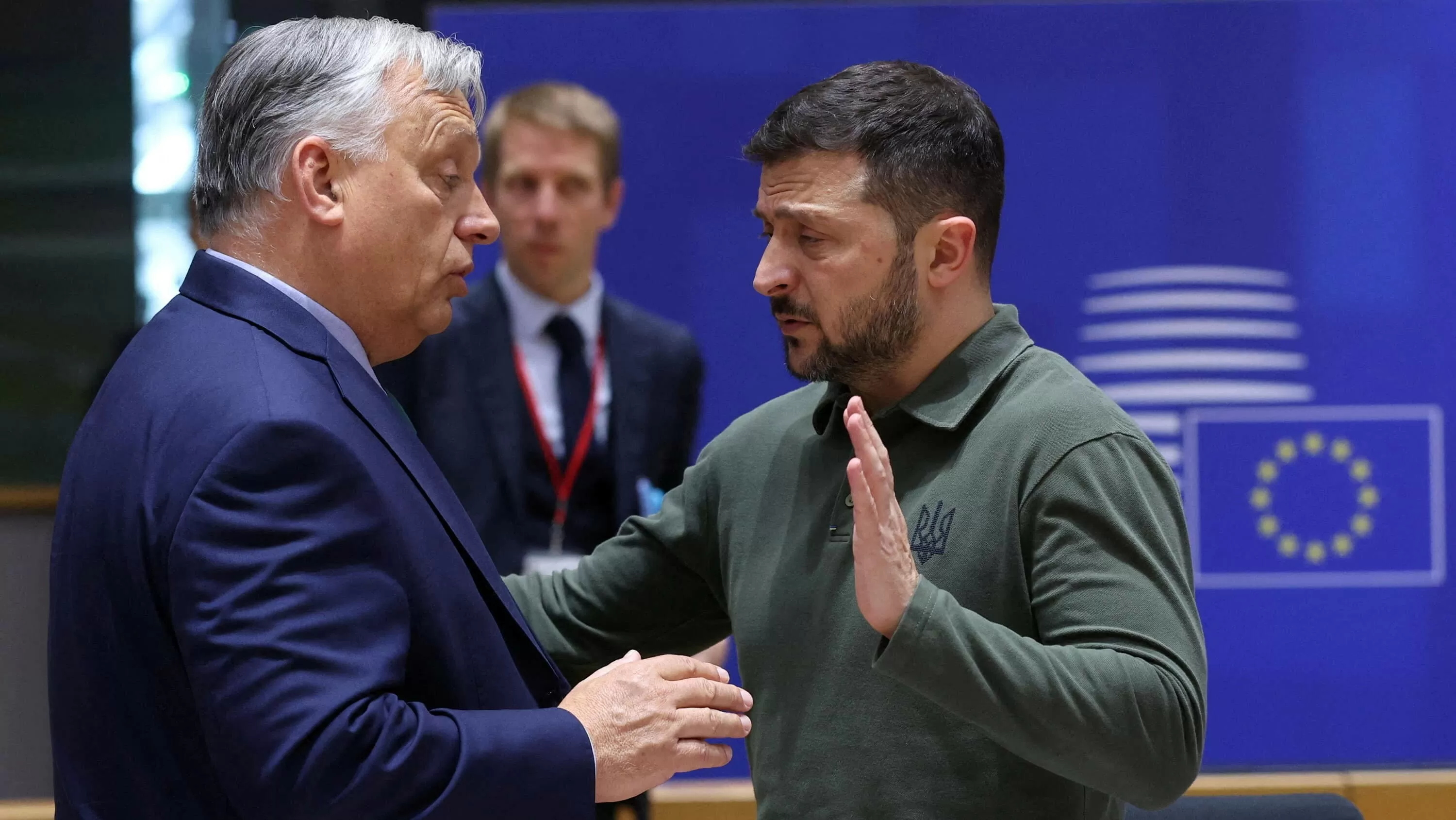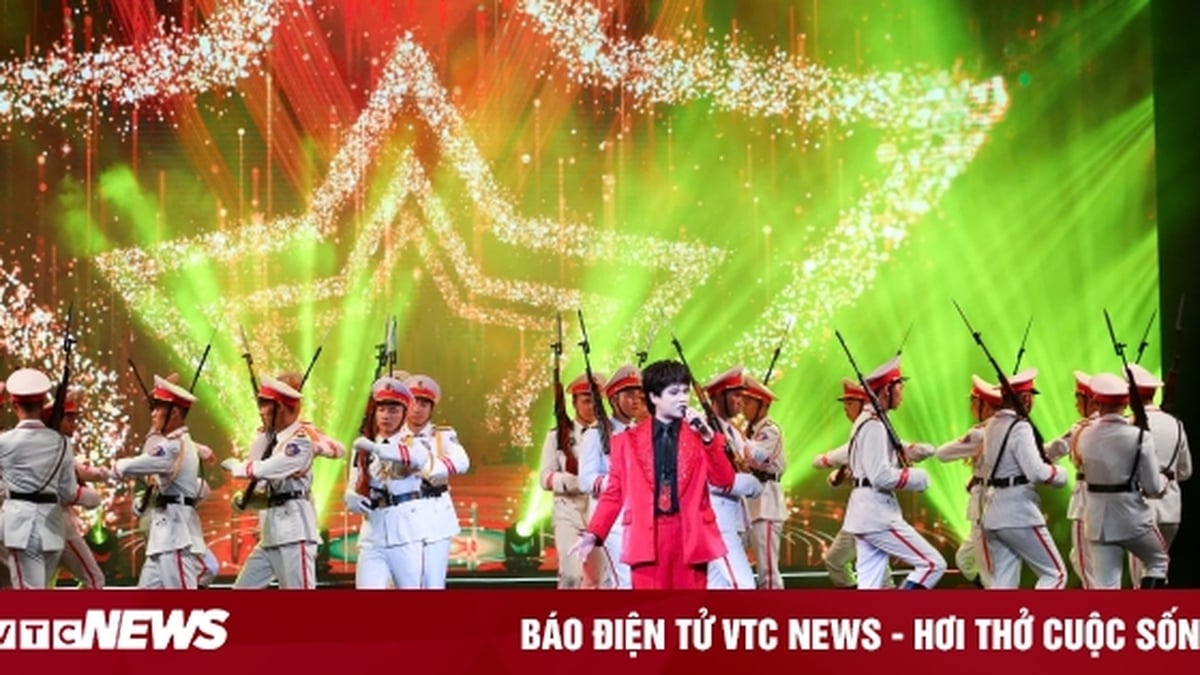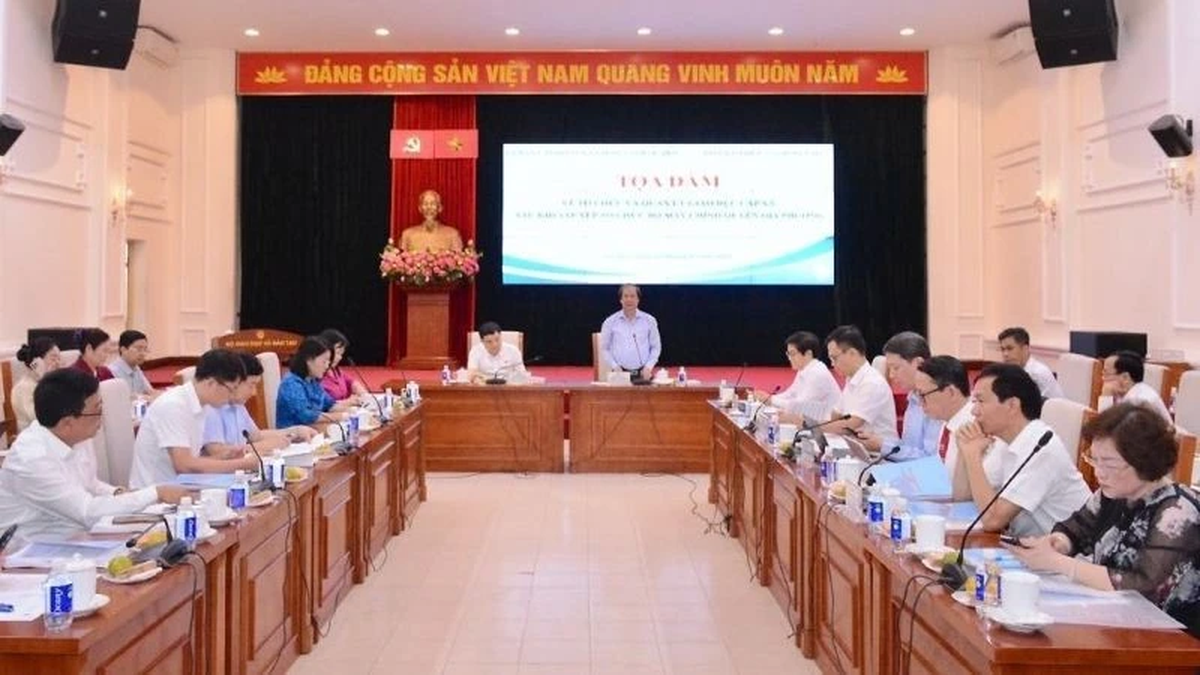Despite Ukrainian President Volodymyr Zelensky's rejection of Hungary's mediation with Russia, the Central European country's Prime Minister Vicktor Orban is determined to demand answers about the Christmas ceasefire.
 |
| Hungarian Prime Minister Viktor Orban (left) and Ukrainian President Volodymyr Zelensky at the EU Summit in Brussels, Belgium, in June. (Source: New York Times) |
Hungarian Prime Minister Vicktor Orban is trying to become a successful mediator in the Russia-Ukraine conflict, as he conducts shuttle diplomacy to Kiev, Moscow and even the US and China to promote a peace initiative.
The leader recently proposed a Christmas truce, allowing Russia and Ukraine to exchange prisoners. Moscow has expressed support for Budapest's efforts to find peace in the conflict in Ukraine.
However, Ukrainian President Volodymyr Zelensky rejected the proposal, saying that Budapest had not discussed anything with Kiev before making such a proposal.
On December 17, TASS news agency quoted Mr. Zelensky as saying: "We don't need countries that want to do this now, like Hungary, like Prime Minister Orban. It won't work. I won't let him or people like him do this. We need direct relations with the United States."
Expressing hope to meet US President-elect Donald Trump after his inauguration on January 20, 2025, President Zelensky said: "Only then will I be able to say what in the peace plan Mr. Trump supports, what he does not support and what he proposes."
Despite Kiev's rejection of the proposal, on December 18, Prime Minister Orban declared that he would not "submit to provocations" mocking his initiative from President Zelensky.
Writing on social networking site X, he made it clear: "The ceasefire proposal has been made. Either accept it or reject it. That is your responsibility."
In a development related to the situation in Ukraine, on the same day, December 18, President of the European Commission (EC) Ursula von der Leyen announced that the European Union (EU) will transfer to Kiev 13 billion Euros (13.6 billion USD) in macro-financial aid in 2025, along with a loan of 18 billion Euros from frozen Russian assets.
According to the Kiel Institute (Germany), the EU has spent about 125 billion USD to support Ukraine since Russia launched a special military operation there. Meanwhile, Washington has also spent more than 90 billion USD for Kiev. However, the issue of continued aid to Ukraine is facing big questions after Mr. Trump's victory in the US presidential election.
Source: https://baoquocte.vn/thu-tuong-hungary-don-ep-tong-thong-ukraine-den-cung-bat-chap-viec-bi-cu-tuyet-297887.html



































































































Comment (0)